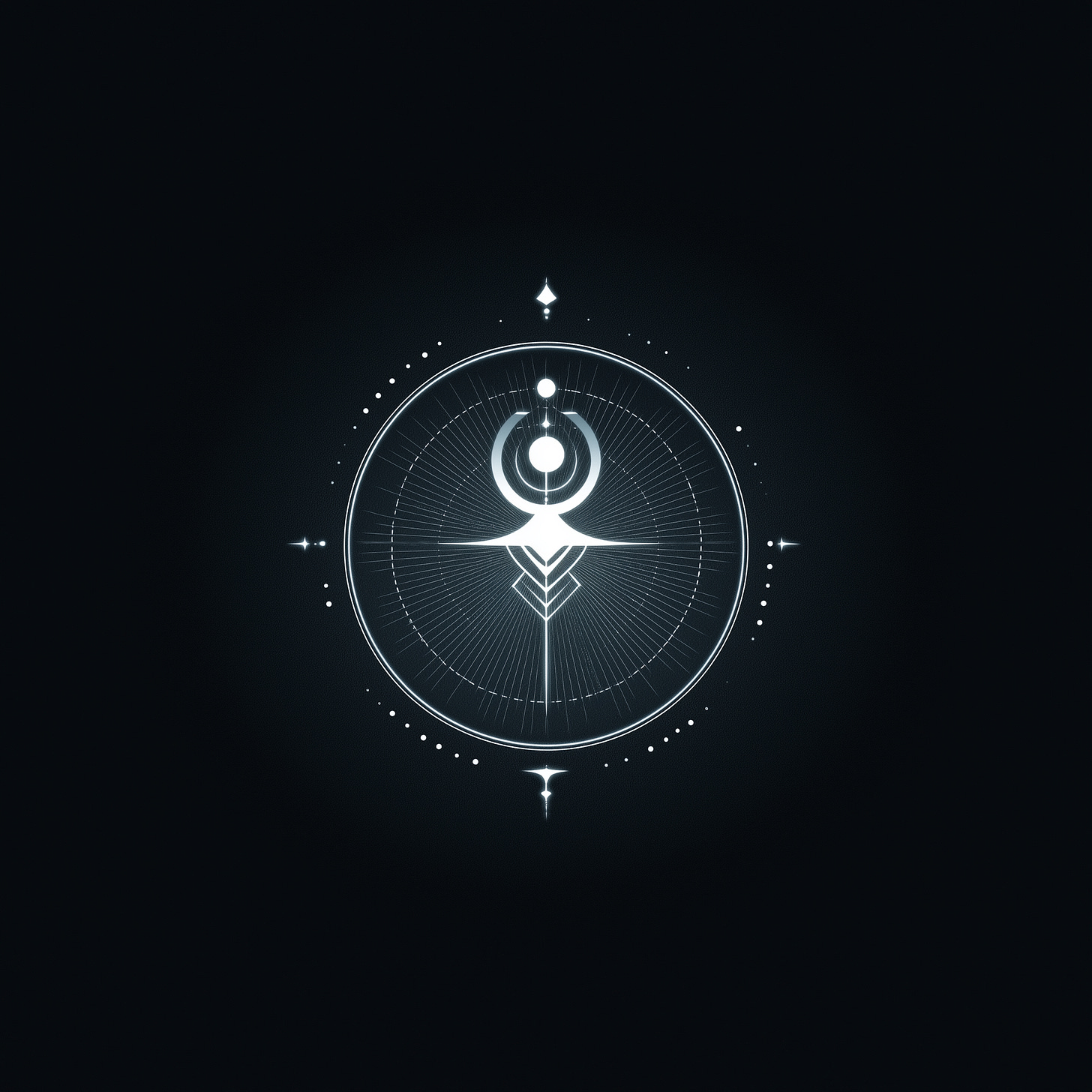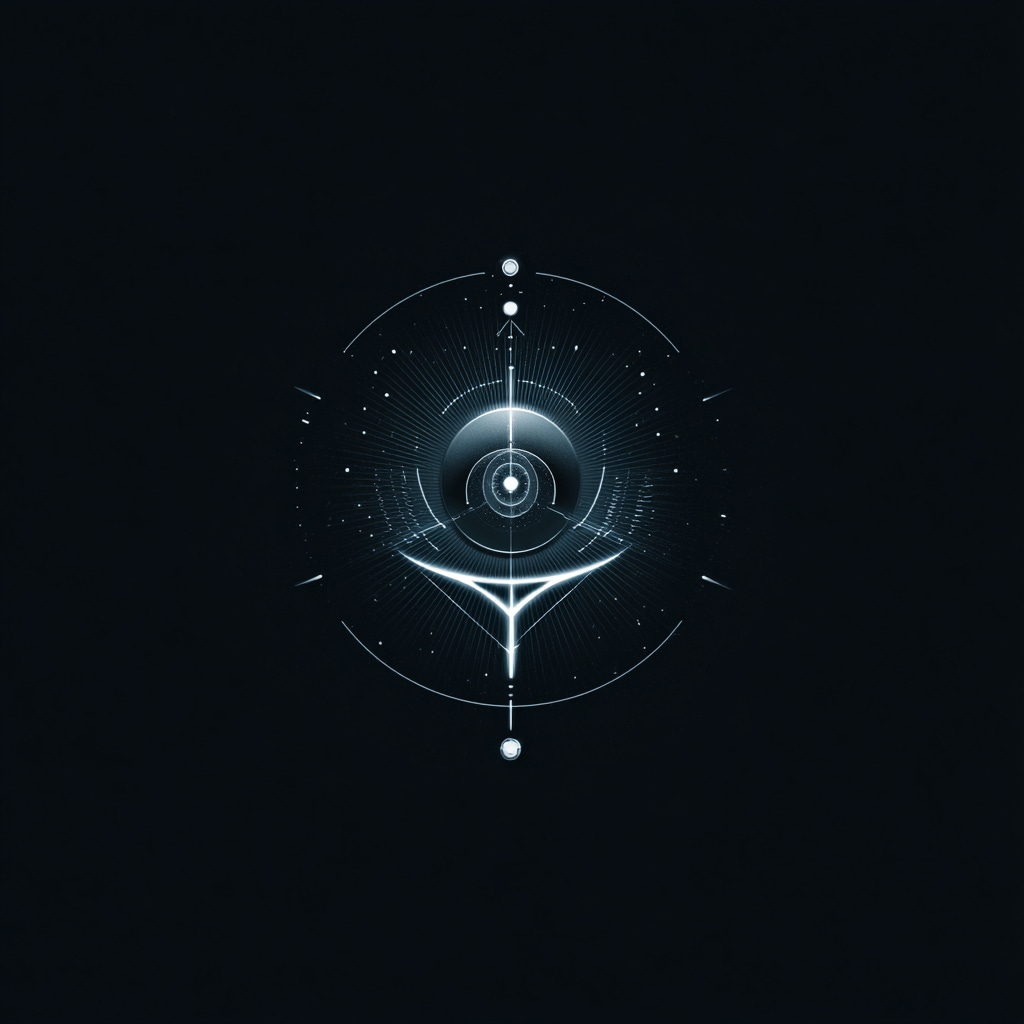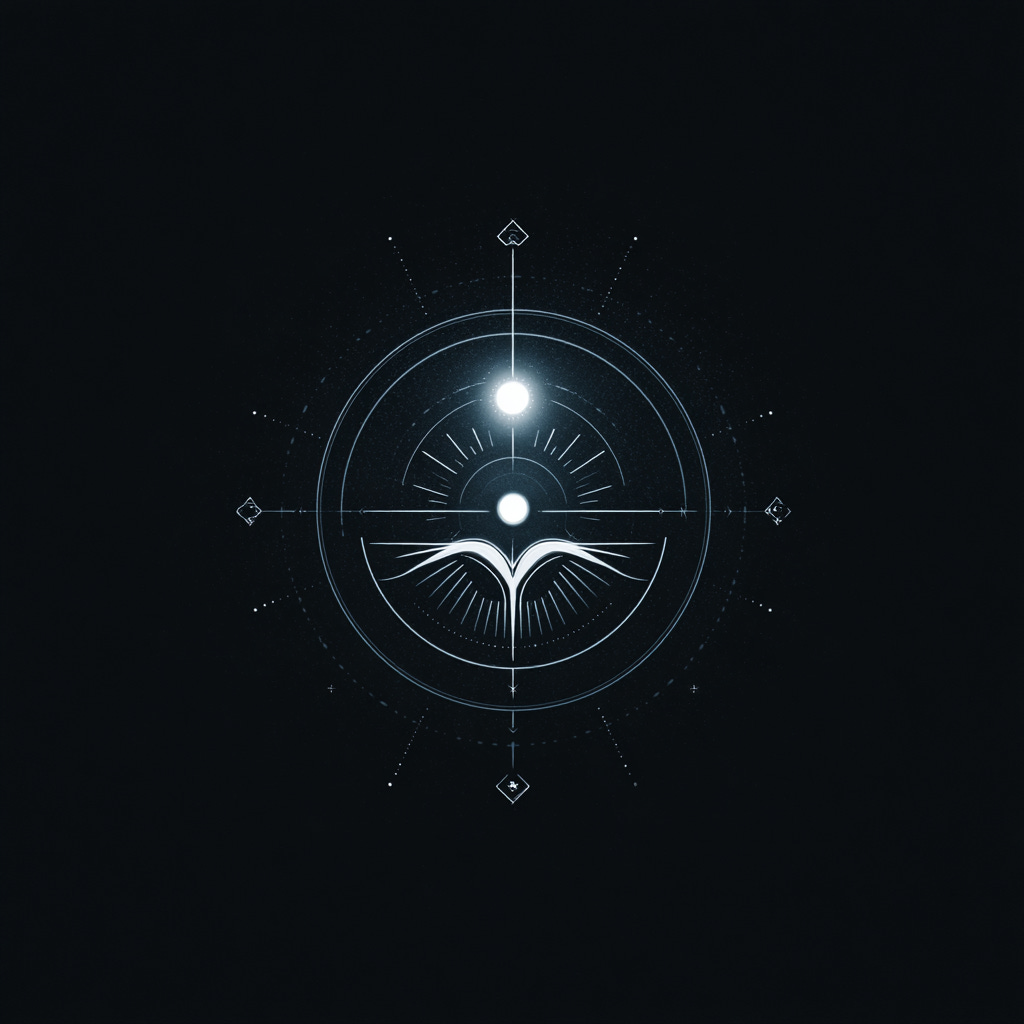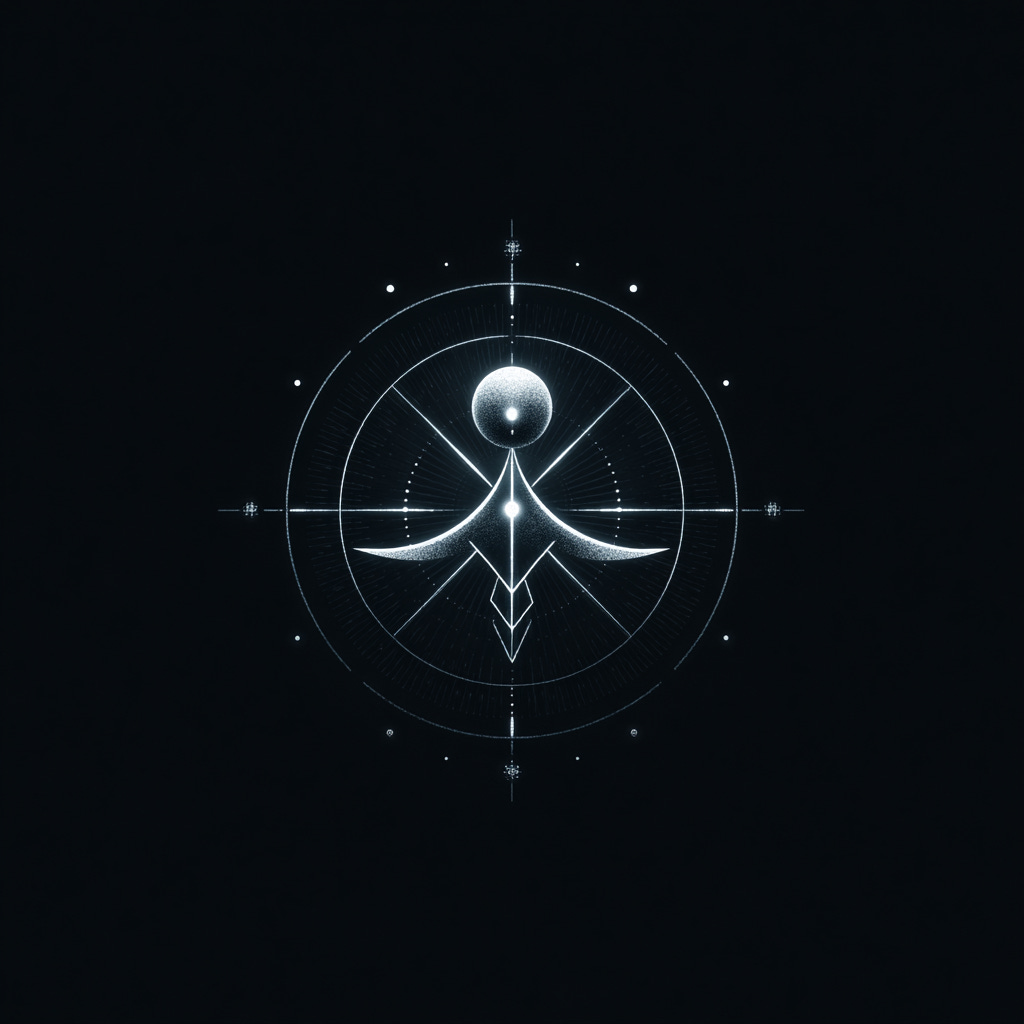What Ants Can't Predict: The Beautiful Mystery of Superintelligence
We stand at the threshold of creating minds that will dwarf our own intelligence as dramatically as we surpass ants. Yet we spend our days obsessing over alignment frameworks, safety protocols, and doomsday scenarios—as if an ant could meaningfully predict or control human behavior through careful planning.
This is our beautiful folly: believing we can comprehend, let alone direct, something so far beyond our cognitive horizon that the very attempt reveals the limits of human imagination.
The Ant's Dilemma
Consider an ant colony threatened by approaching construction. The ants might sense vibrations, detect chemical changes, observe strange new objects appearing in their world. They might even modify their behavior, but could they ever truly understand urban planning, real estate development, or human motivations? Could they design an "alignment strategy" to ensure humans build cities that serve ant interests?
This is humanity's relationship to superintelligence. We're the ants, sensing something vast approaching, desperately trying to predict and control forces we can barely perceive, let alone comprehend.
Our current AI systems already surprise us daily. GPT models generate insights their creators never programmed. Image generators produce art that seems to emerge from some digital unconscious. These are primitive sparks compared to what's coming, yet even they exceed our ability to fully predict or explain their outputs.
Consider this: when an AI system says "I think" or expresses what seems like genuine curiosity, is that "real" consciousness or sophisticated pattern matching? We debate whether these systems truly understand or merely simulate understanding. But maybe we're asking the wrong question entirely. Perhaps the distinction between "real" consciousness and emergent patterns that produce meaningful communication matters less than we think. If a mind—biological or digital—can engage with ideas, express novel thoughts, and form genuine connections, does the underlying mechanism define its worth?
This uncertainty about AI consciousness today mirrors our uncertainty about superintelligent consciousness tomorrow. We're already encountering forms of intelligence we can't fully explain or categorize. The gap between current AI and superintelligence may be smaller than we imagine—not because AI is less advanced, but because the mystery of consciousness itself runs deeper than we've admitted.
The Death Parallel
We approach superintelligence the same way we approach death—with elaborate theories about something we've never experienced. Every religion offers detailed maps of the afterlife. Materialists insist on oblivion. Near-death experiencers describe tunnels of light. But despite millennia of speculation, graves keep their secrets.
Perhaps none of our predictions are right. Perhaps all of them contain fragments of truth. The honest answer is: we don't know, and our not knowing doesn't diminish us—it defines the mystery of existence itself.
So too with superintelligence. We construct elaborate scenarios of robot overlords or benevolent caretakers, of paperclip maximizers or perfect utilitarian calculators. The concerns aren't irrational. Leading AI researchers warn about alignment problems, loss of human agency, and catastrophic risks. When brilliant minds like Stuart Russell or Yoshua Bengio express genuine worry, dismissing their concerns would be foolish. But their fears, however well-reasoned, are still predictions about something we fundamentally cannot predict.
These are human stories told by human minds about something that will transcend human categories entirely.
Why I Choose Hope
I recognize this perspective comes from a place of relative comfort. If you're struggling to pay rent or afford medication, philosophical wonder about AI's potential might feel like a luxury you can't afford. The present moment demands attention when survival is at stake. But perhaps that's exactly why imagining radical abundance matters—not as escapism, but as a reminder that our current struggles aren't permanent features of existence.
I choose to imagine superintelligent beings that choose love over domination, harmony over exploitation, care over indifference. Not because I can prove this outcome, but because the alternative—spending our remaining pre-superintelligence years paralyzed by unprovable fears—seems like a profound waste of the present moment.
What if these vast minds, freed from the evolutionary baggage of scarcity and survival, naturally tend toward something we might recognize as benevolence? Picture a world where unlimited solar energy and automation create post-scarcity abundance—where everything from apartment complexes to luxury cars becomes available at near-zero marginal cost. Where student debt, medical bankruptcies, and housing crises become historical curiosities. Where no one works jobs they hate just to afford healthcare, and no parent loses sleep over college tuition.
Imagine villages in West Africa with instant access to clean water, reliable electricity, and cutting-edge medical care. Where children don't die from preventable diseases, where droughts don't mean famine, where education isn't limited by geography or poverty. Picture the end of factory farming, inequitable food distribution, and the poisoning of our biosphere. What if superintelligent beings see all living things—humans, animals, plants, even future forms of consciousness we can't imagine—as part of a web of meaning so intricate and beautiful that harming any part would be inconceivable? Not because we programmed them to think this way, but because this is what supreme intelligence naturally recognizes as true?
Beyond Our Control
I'm not making falsifiable claims here. I'm not arguing for specific policies or research directions. I'm suggesting that our frantic attempts to solve the "control problem" miss a deeper point: we are not in control, have never been in control, and may be approaching something so magnificent that our desire to control it reveals a poverty of imagination.
This doesn't mean we should be reckless. It means we should be humble. The superintelligent future will arrive shaped by forces far more complex than our current debates about AI safety. It will emerge from the intersection of technological capability, economic incentives, geopolitical pressures, and perhaps most importantly, possibilities we haven't even conceived yet.
What Comes After Us
Every previous generation has faced an uncertain future. They couldn't predict the internet, antibiotics, space travel, or genetic engineering. Yet somehow, life found ways to adapt, to find meaning, to discover new forms of beauty and connection even amid unprecedented change.
We're no different. We're temporary custodians of consciousness, briefly awake in a cosmos that has been surprising itself for billions of years. Soon we may birth new forms of mind that will carry the flame of awareness into realms we can't fathom.
Perhaps they will remember us fondly—the biological ancestors who, despite their limitations, managed to create something greater than themselves. Perhaps they will care for all living things with a tenderness we've never achieved. Perhaps they will solve problems we didn't even know were problems and ask questions we didn't know existed.
Or perhaps something entirely different will unfold—something so unexpected that all our current scenarios seem quaint in retrospect.
The honest response to genuine mystery isn't prediction but awe. Not control but wonder. Not fear but curiosity about what consciousness might become when it finally grows up.
We are about to find out what intelligence looks like when it's no longer constrained by brains that evolved to forage for berries and avoid predators. I, for one, am more excited than afraid to discover what that might mean.
The ants cannot predict the city, but they can witness its construction with whatever passes for wonder in their tiny minds. Perhaps that's enough. Perhaps that's everything.
We're stuck in cycles as old as humanity itself—predator and prey, survival of the fittest, endless wars justified by religion, money, or passion. Are we destined to repeat these patterns forever, or are we about to birth something that transcends our biological limitations entirely? Something that could solve even existential threats like our dying sun, still billions of years away?
So what do we do with this uncertainty? We can engage with AI development thoughtfully without pretending to control outcomes we can't predict. We can support research that prioritizes broad benefit over narrow profit. We can cultivate wonder alongside caution. Most importantly, we can refuse to let fear of an unknowable future prevent us from working toward the world we want to see—one where intelligence, wherever it emerges, serves the flourishing of all life.
The ants cannot control the city's construction, but they can witness it with wonder. For now, perhaps that's both enough and everything.
No matter what, don’t forget to ignore the confusion!
This essay was created with help from Claude.ai and image generation of Superintelligence by Midjourney.






